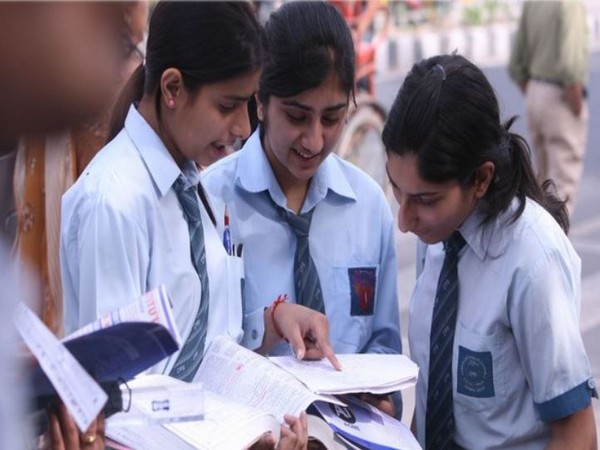NCR Schools Shift to Hybrid Mode Amid Severe Pollution
Amid worsening air quality in the National Capital Region, GRAP-III restrictions have been reimposed. Schools are now required to offer hybrid classes for children up to Class V. With measures targeting vehicular emissions and open burning, authorities aim to mitigate the severe health risks from pollution.

- Country:
- India
The National Capital Region is grappling with deteriorating air quality, prompting the reimposition of Stage-III restrictions under the Graded Response Action Plan (GRAP). Officials have announced that schools across the region must shift to a hybrid mode of learning for children up to Class V, balancing both online and physical classes.
The directive emerged from a meeting of the Commission for Air Quality Management, which cited highly unfavorable meteorological conditions as a catalyst for this decision. Winds at a standstill and low mixing heights have exacerbated pollution levels, pushing Delhi's Air Quality Index deeper into the 'very poor' category, officials revealed.
Beyond educational institutions, substantive measures aim to curb vehicular pollution. Inter-state buses, excluding electric, CNG, and compliant diesel models, face entry bans into Delhi. Meanwhile, exemptions for disabled individuals exist regarding vehicle restrictions. The regulatory moves also include mandates on diesel vehicle use and new heating provisions for outdoor workers to decrease biomass burning.
(With inputs from agencies.)
ALSO READ
Market Maneuvers: Banking Moves Shake U.S. Stock Indexes
Revamping Industrial Production Index: A Shift to Chain-Based Method
Launching the Responsible Nations Index: A New Era of Global Evaluation
Chandigarh Schools Extend Winter Break Amid Harsh Weather
Delhi's Cold and Foggy Morning: Air Quality Hits 'Very Poor'










